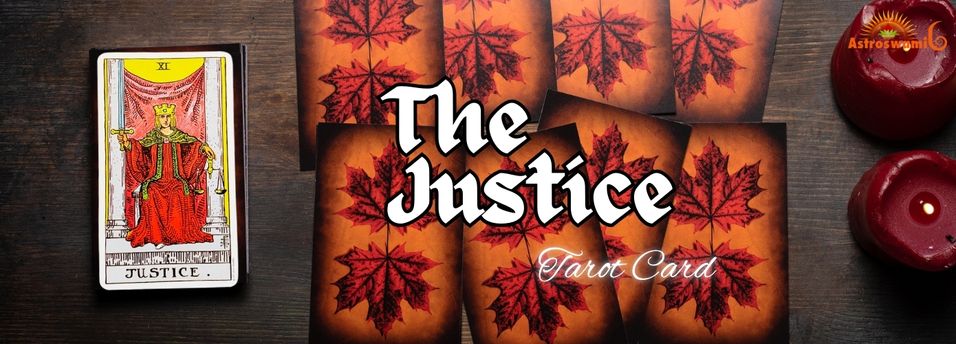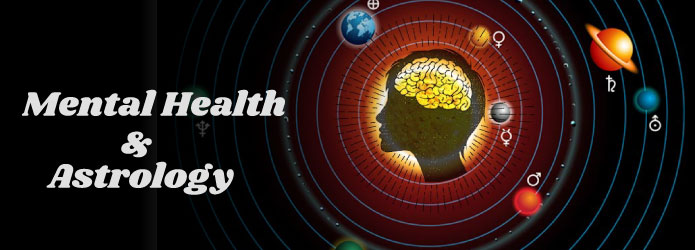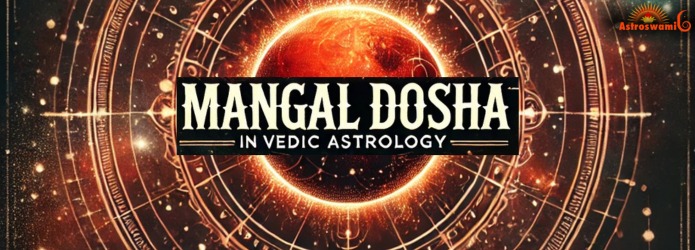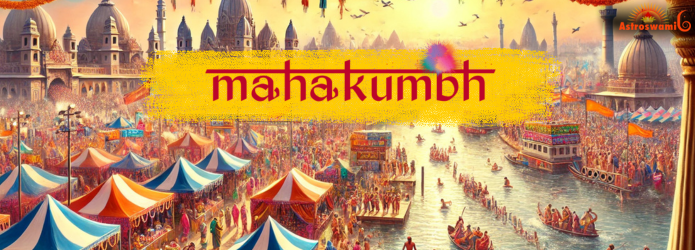
The Justice card is the 11th card in the Major Arcana of the Tarot deck. It is a card that speaks of balance, fairness, truth, accountability, and the natural order of cause and effect. Justice is a powerful symbol, reminding us of the importance of making decisions based on truth, rationality, and integrity. This card delves into the consequences of our actions and calls us to be fair and honest, both with others and ourselves.
In this article, we will explore the Justice Tarot card in depth. We will look at its symbolism, meanings, and interpretations, as well as how it applies in different aspects of life. Whether upright or reversed, the Justice card invites us to reflect on the choices we make and how they align with fairness, truth, and ethics. We will also explore its associations with astrology, numerology, and the spiritual lessons it offers to help guide us on our personal journeys.
Before we dive into the specifics of The Justice card, it's essential to understand the structure of the Tarot deck as a whole. The deck consists of two main sections: the Major Arcana and the Minor Arcana.
The Major Arcana consists of 22 cards, each representing a key life event, lesson, or archetype. These cards offer insights into our spiritual journey, reflecting deep life themes and transformative experiences. The Justice card is one of the Major Arcana cards, and it carries profound wisdom about the dynamics of fairness and truth in our lives.
The Minor Arcana consists of 56 cards, divided into four suits—Cups, Pentacles, Swords, and Wands. These cards reflect the everyday situations, challenges, and decisions we face. They can offer insight into specific issues, while the Major Arcana cards provide a more overarching view of our life's journey.
The Justice card, being part of the Major Arcana, tends to represent significant, long-lasting themes in our lives, particularly related to accountability and decision-making.
The Justice card is rich with symbolism, each element carefully chosen to reflect the deeper meanings and themes of the card. Let’s take a closer look at the key symbols in the card and how they contribute to its overall message
At the center of the Justice card is often the image of a woman sitting on a throne, holding a sword in one hand and a scales in the other. This woman is commonly referred to as the Lady of Justice or the Justice figure, symbolizing impartiality, wisdom, and fairness. She is blindfolded in many depictions, symbolizing the idea that justice is meant to be served without bias or prejudice, regardless of who stands before her.
The Sword: The sword she holds is a powerful symbol of truth and clarity. It represents the ability to cut through confusion and deceit, bringing the truth to light. It is also a symbol of the mental clarity and rationality needed to make fair and unbiased decisions. The sword suggests that justice is not emotional or subjective—it is based on logic and facts.
The Scales: In her other hand, the Lady of Justice holds a set of scales, symbolizing balance, equality, and fairness. The scales reflect the need to weigh all aspects of a situation before making a decision, ensuring that the outcome is just and equitable. The balance of the scales also suggests the idea of karma—what you give to others will eventually come back to you, and everything must be weighed and measured accordingly.
The Lady of Justice is often depicted seated on a throne, a symbol of authority and power. The throne represents stability and the divine right of justice to rule. It also suggests that justice is an inherent part of the natural order, and it must be upheld with integrity and authority.
In many versions of the Justice card, the figure is blindfolded, emphasizing the idea that justice is not swayed by personal feelings or external influences. The blindfold signifies impartiality—decisions are made without favor or discrimination. It is a reminder that justice should be objective and fair to all parties involved, regardless of status or personal connections.
The Justice card often incorporates the use of red and blue in its colors. Red symbolizes power, action, and vitality, reflecting the strength needed to make difficult decisions. Blue, on the other hand, represents wisdom, logic, and mental clarity. Together, these colors signify a harmonious balance between rational thought and the energy required to enact justice.
Some versions of the card feature an archway in the background, which represents a gateway or threshold. It symbolizes the idea of a decision point, where one must choose a path based on fairness and truth. The archway suggests that the Justice card brings clarity and guidance when making important choices in life.
The Justice Tarot card carries a range of meanings, all of which revolve around the themes of fairness, truth, and accountability. In a reading, it can signal the need for a rational and balanced approach to a situation, as well as the importance of understanding the consequences of one’s actions.
Let’s break down the key themes and meanings associated with The Justice card:
At its core, the Justice card is about truth and fairness. It encourages you to seek the truth in any situation and to ensure that your actions are just and ethical. The card suggests that honesty, transparency, and integrity should be your guiding principles when making decisions. If you’ve been hiding from the truth or avoiding responsibility, the Justice card may be urging you to face the facts and act with fairness and integrity.
The Justice card calls for balance and equilibrium in all aspects of life. Just as the scales on the card represent the need to weigh all factors, the card suggests that you should seek harmony between different areas of your life—emotional, intellectual, and physical. When faced with a decision, The Justice card urges you to consider the consequences for all involved parties and choose the path that creates the greatest balance.
The Justice card emphasizes accountability and the need to take responsibility for your actions. If you have made decisions that have led to negative consequences, the card may indicate that it is time to face the consequences and make amends. Similarly, if you are being treated unfairly, the card encourages you to stand up for yourself and take action to protect your rights.
The Justice card is often linked to the concept of karma—the law of cause and effect. It reminds us that every action has consequences, whether good or bad. If you have acted justly and with integrity, the Justice card suggests that you will be rewarded in kind. However, if you have acted dishonestly or unfairly, the card warns that the consequences of your actions may be coming to light. It is a reminder that the universe has a way of balancing the scales.
In a more literal sense, the Justice card is often associated with legal matters, contracts, and formal agreements. If you are dealing with a legal issue or making an important decision involving a contract, the Justice card suggests that the outcome will be determined by the facts and the application of the law. It may also indicate that it is a good time to seek professional advice in legal matters, as fairness and legality will play a key role.
The Justice card encourages us to make decisions based on rationality, objectivity, and fairness. It suggests that you should carefully evaluate all aspects of a situation before reaching a conclusion. Whether it is a personal decision, a business matter, or a relationship issue, The Justice card advises you to be fair and just in your judgment. This may mean making difficult decisions or taking actions that are not easy but are ultimately the right thing to do.
The meaning of The Justice card can vary depending on its position in a tarot spread and whether it appears upright or reversed. Let’s look at how The Justice card functions in different positions in a tarot reading.
When The Justice card appears upright, it signifies the need to seek balance, fairness, and truth in a particular situation. It suggests that you should make decisions based on logic and integrity, and that the outcome will be determined by the principles of fairness. The upright Justice card can indicate that justice will be served, and any wrongs will be corrected.
This card may also signal that you are being called to take accountability for your actions or that the truth is coming to light. If you are involved in legal matters, the upright Justice card suggests a favorable outcome based on the facts of the case.
When The Justice card appears in the reversed position, it may indicate that fairness is lacking in a situation. It could suggest that someone is being dishonest or unfair, or that you are avoiding taking responsibility for your actions. The reversed Justice card may point to an imbalance in your life, where emotions, biases, or external influences are clouding your judgment.
In the reversed position, The Justice card may also indicate unresolved legal issues, unfair treatment, or a failure to make a just decision. It is a reminder to check your actions, revisit past decisions, and correct any wrongs before they come back to haunt you.
The Justice tarot card is a powerful symbol of balance, fairness, truth, and accountability. It teaches us that the choices we make have consequences, and that the universe will ultimately restore balance through the law of cause and effect. This card encourages us to approach situations with integrity, rationality, and a commitment to truth, knowing that justice will always prevail.

Many festivals are celebrated in India and Shardiya Navratri festival has a great historical background....

The mind is represented by moon, its placement, condition and afflictions in the birth chart. ...

Sawan Shivratri 2022 - Holy month of Sawan is going on. This month, Shivaratri is considered special....

Tirupati Balaji Temple is one of the richest temples located in Andhra Pradesh....

Understanding Mangal Dosha: A Comprehensive Guide...

Shri Ramakrishna Paramahansa Jayanti is an auspicious occasion celebrated to honor the life and teachings of Shri Ramakrishna Paramahansa, ...

Netaji Subhash Chandra Bose Jayanti: Honoring the Legacy of a Revolutionary Leader...

The Mahakumbh 2025, a spiritual event of immense significance, is set to take place at the holy confluence of the Ganges, Yamuna, and the mythical Sar...